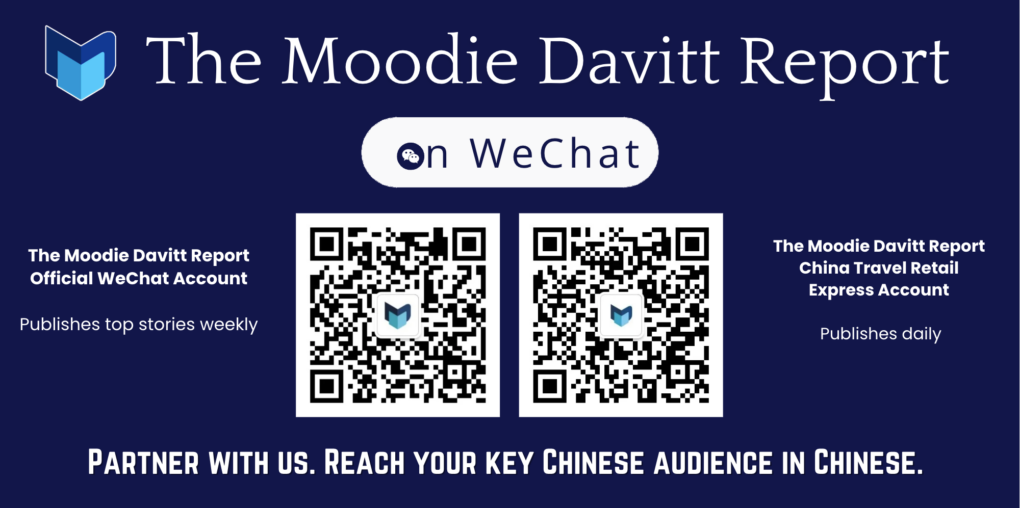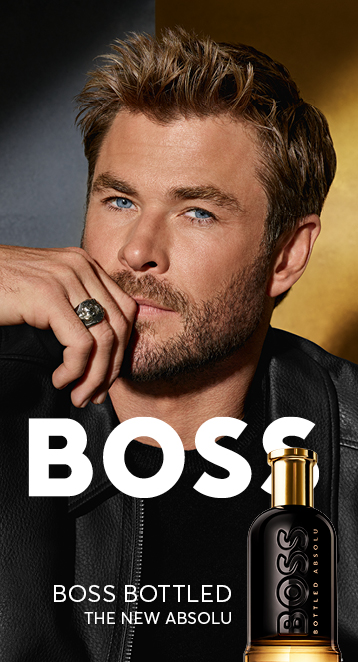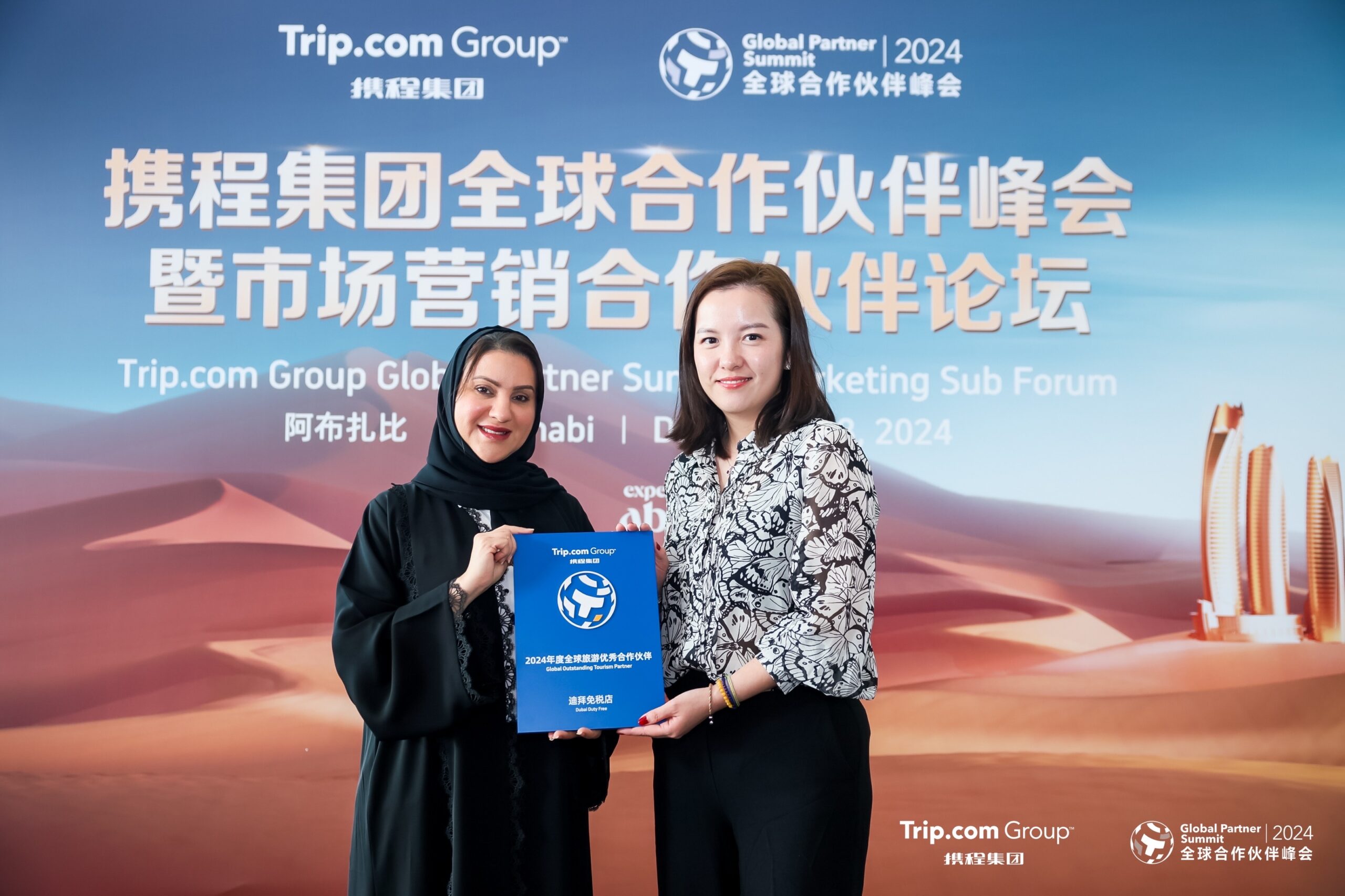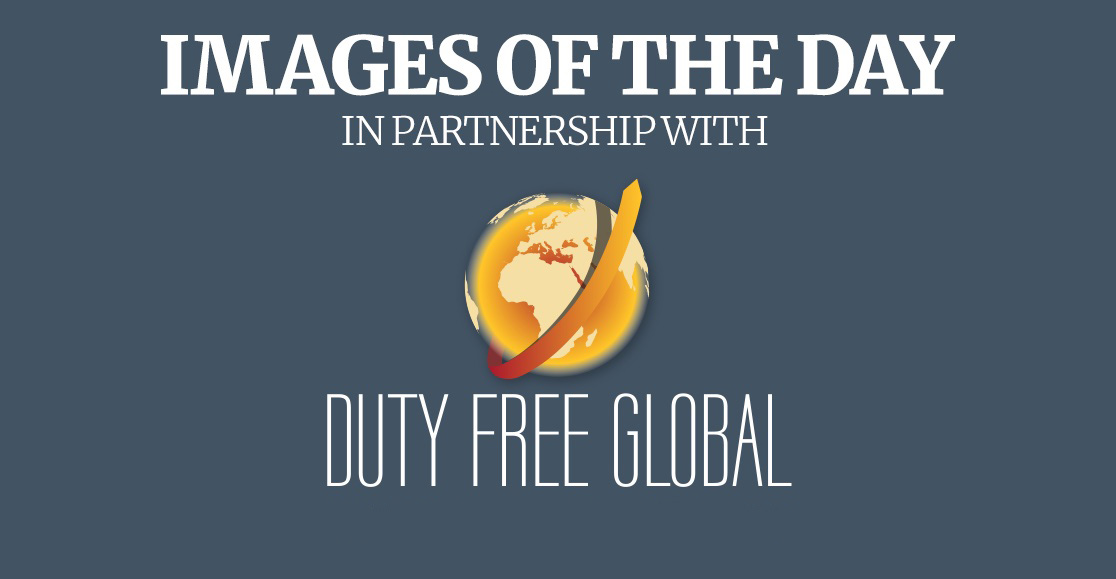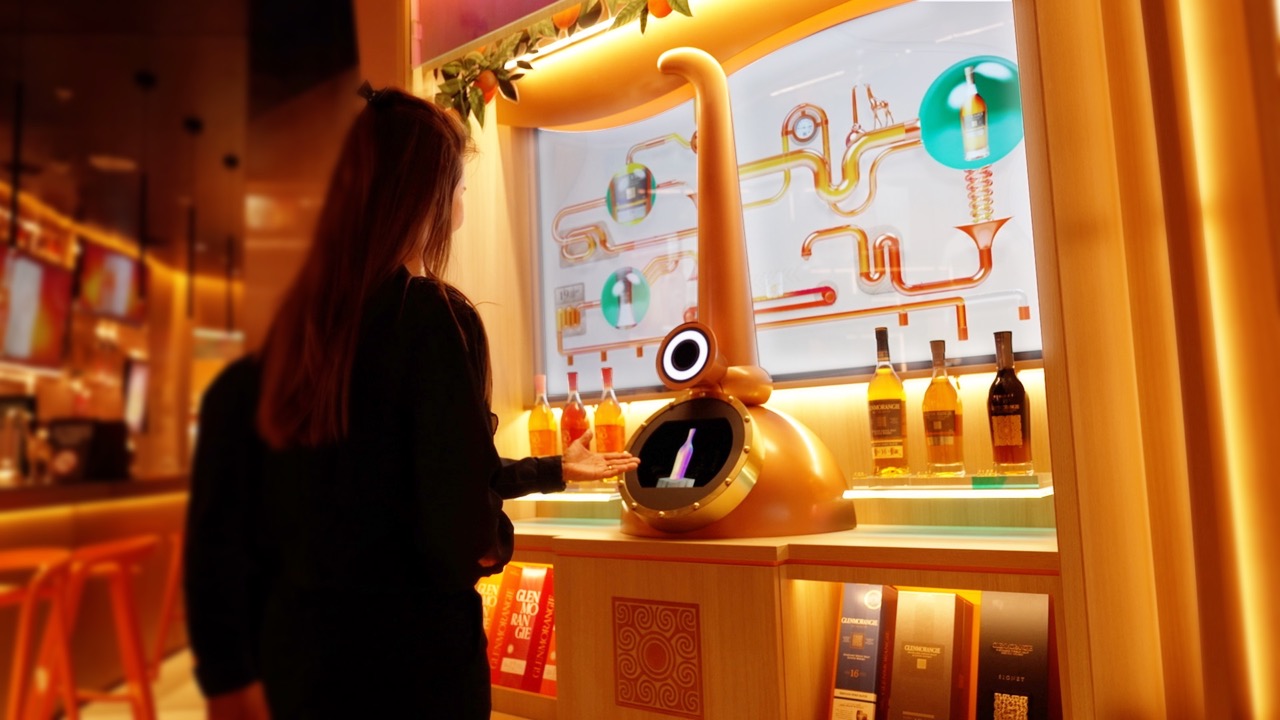CHINA/INTERNATIONAL. Luxury consumption in China has sharply dropped this year, driven by weak consumer confidence and Chinese tourists travelling to Europe and other overseas markets.
Citing the Luxury Goods Worldwide Market Study by consultancy firm Bain & Company, the South China Morning Post reported that the market is however projected to recover by mid-2025 at the earliest.
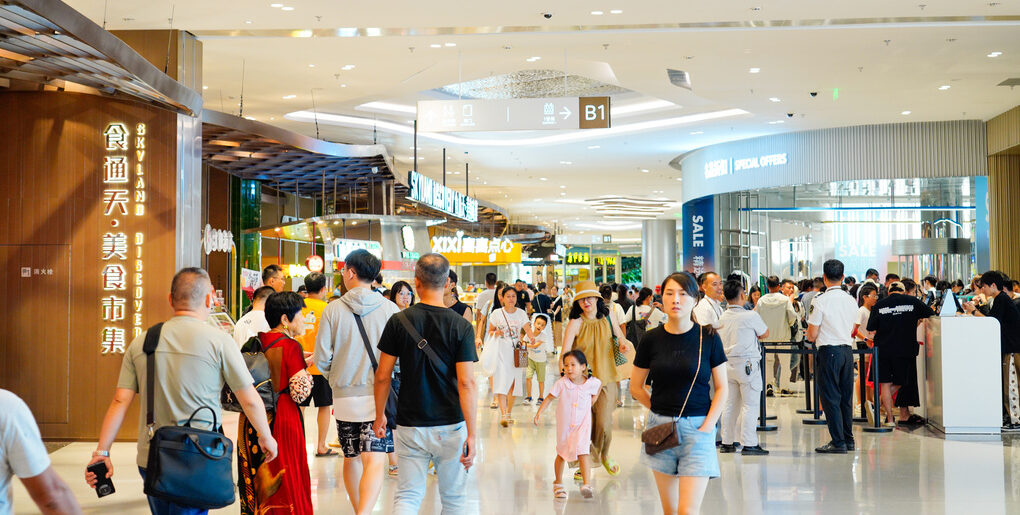
China’s personal luxury goods market is projected to slide by -20-22% year-on-year, falling to €45 billion in 2024.
With Beijing’s recent roll-out of stimulus initiatives aimed at reviving the economy, Bain & Company noted that the government’s efforts “have yet to translate into consumption acceleration”.
Amid the slowdown in the Chinese luxury market, the study revealed that Japan’s personal luxury goods market – worth €33 billion – is likely to increase sharply by +12-13% this year.
Europe’s luxury market is expected to rise +3-4%, reaching €110 billion, while the Americas market is likely to remain unchanged at €100 billion, down -1%.
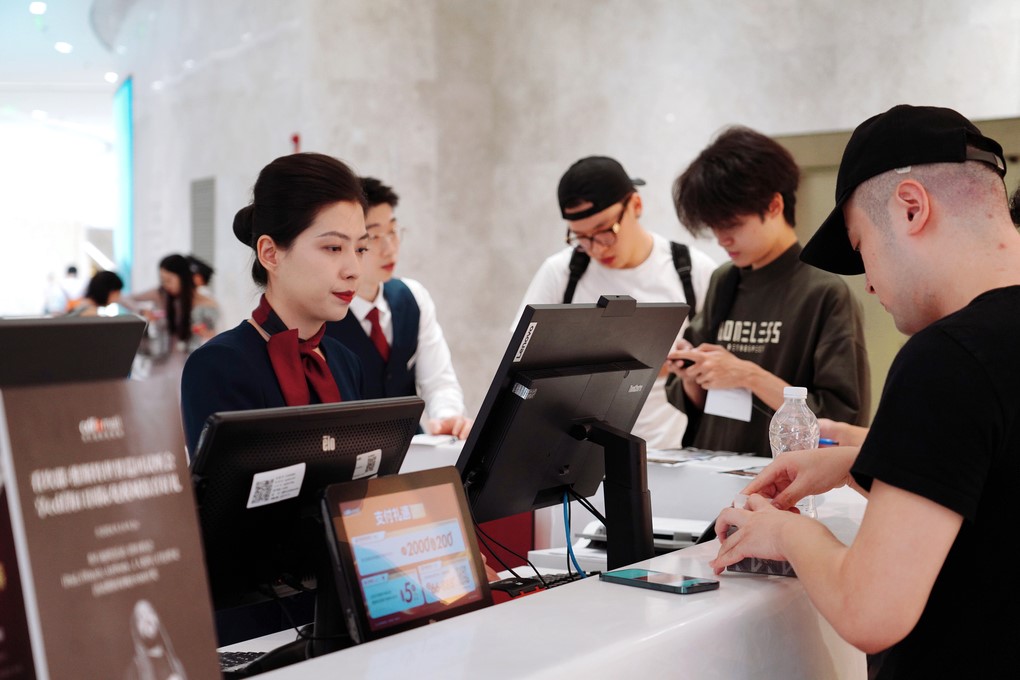
Citing research from McKinsey, the Post highlighted that Chinese consumers have been more inclined to buy luxury items abroad, with consumers’ overseas luxury spending in 2024 outpacing that of 2019, including a notable +32% increase in May 2024.
The management consultancy firm attributed part of the surge in spending to the depreciation of the Japanese Yen, attracting more shoppers to Japan.
Bain & Company’s research indicates that a luxury market rebound is likely to begin in the second half of 2025 based on what it described as the most realistic of several possible scenarios, with positive developments emerging as early as the second quarter.
The company, however, warned of potential pressure in the luxury market, with high-end consumers continuing to spend abroad.
According to the study, global luxury spending is set to reach €1.5 trillion in 2024, with year-on-year growth expected to remain flat, ranging from -1% to +1%.
Bain & Company said: “Global luxury consumers, grappling with macroeconomic uncertainty and continued price elevation among brands, are cutting back on discretionary items.
“As a result, Bain expects the personal luxury goods market to see its first slowdown since the Great Recession, excluding COVID, experiencing -2% erosion, at current exchange rates, compared to last year.” ✈
